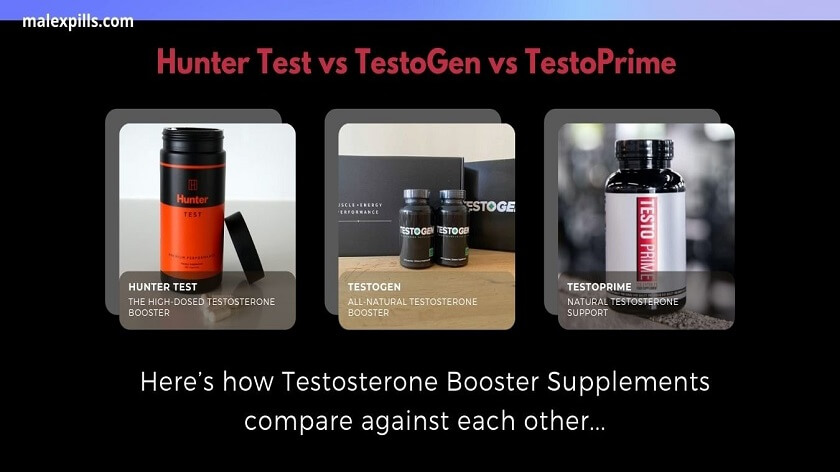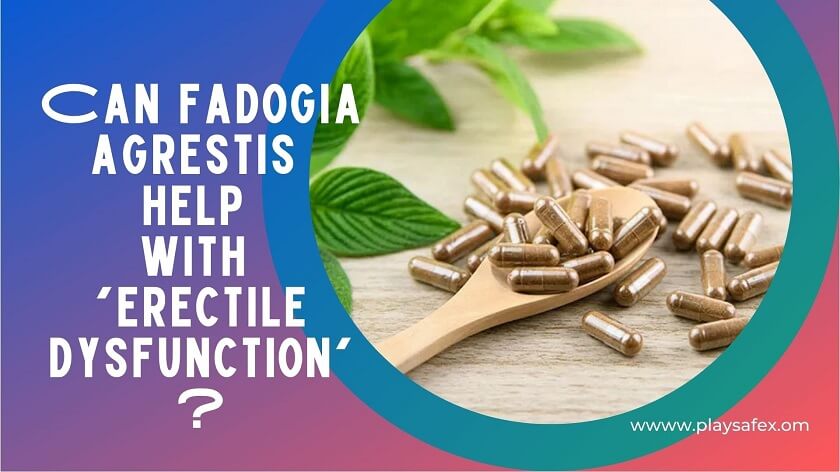L Arginine And Testosterone
L-Arginine is an amino acid, a building block of protein that is naturally produced in the body.
It is considered semi-essential, meaning that under normal circumstances, the body can produce enough on its own, but in some cases, such as illness, supplementing with L-Arginine may be necessary.
L-Arginine is involved in various processes in the body, including blood flow; wound healing, and the release of hormones and growth factors.
It is also a precursor to nitric oxide, which can help dilate blood vessels, increase blood flow, and improve athletic performance.
L-Arginine is commonly used as a dietary supplement and is available in various forms, including pills, powders, and liquids.
How Does L-Arginine Work?
L-Arginine is a semi-essential amino acid that is involved in several important processes in the body.
One of the key functions of L-Arginine is to serve as a precursor for nitric oxide (NO) synthesis.
Nitric oxide is a signaling molecule that plays a critical role in regulating blood flow, blood pressure, and the relaxation of blood vessels.
When the levels of nitric oxide are increased, it can help to dilate blood vessels and increase blood flow, leading to improved cardiovascular health.
In addition to its role in the production of nitric oxide, L-Arginine also plays a role in wound healing and the release of hormones, such as growth hormone, and neurotransmitters, such as dopamine and glutamate.
It is also involved in the process of protein synthesis, making it important for muscle growth and repair.
L-Arginine can be taken as a dietary supplement in various forms, such as pills, powders, and liquids.
It is commonly used for a variety of health benefits, including improving heart health, enhancing athletic performance, and boosting the immune system.
L-arginine And Testosterone: The Link
L-Arginine is an amino acid that is involved in several processes in the body, including the production of nitric oxide and the release of hormones.
There is evidence to suggest that supplementing with L-Arginine may increase testosterone levels in some individuals.
Testosterone is a hormone that plays a key role in male sexual development and is important for muscle growth, bone density, and sperm production.
However, the link between L-Arginine and testosterone is not well established, and more research is needed to determine the exact mechanisms and the extent of the effect.
Some studies have shown an increase in testosterone levels with L-Arginine supplementation, while others have not shown a significant effect.
It is important to consult a healthcare professional before taking any supplements, including L-Arginine, to determine the appropriate dose and to ensure that it is safe for you.
Testosterone levels can also be affected by several other factors, including age, diet, and lifestyle, so it is important to consider all of these factors when trying to optimize testosterone levels.
Does L Arginine Increase Testosterone?
L-Arginine is an amino acid that is involved in several processes in the body, including the production of nitric oxide and the release of hormones.
Some studies have suggested that supplementing with L-Arginine may increase testosterone levels in some individuals.
Testosterone is a hormone that plays a key role in male sexual development and is important for muscle growth, bone density, and sperm production.
However, the evidence regarding the link between L-Arginine and testosterone is mixed, and more research is needed to determine the extent of the effect and the mechanisms involved.
Some studies have shown an increase in testosterone levels with L-Arginine supplementation, while others have not shown a significant effect.
The results of these studies have been inconsistent, and the effects of L-Arginine on testosterone levels may vary depending on the individual, the dose, and the duration of supplementation.
It is important to keep in mind that testosterone levels can be influenced by several other factors, including age, diet, and lifestyle.
Additionally, the effects of L-Arginine on testosterone levels may vary from person to person, and more research is needed to determine the most effective dose and the optimal duration of supplementation.
Before taking L-Arginine or any other supplement, it is important to consult a healthcare professional to determine the appropriate dose and to ensure that it is safe for you.
L-Arginine Benefits For Males
L-Arginine is an amino acid that is involved in several important processes in the body, including the production of nitric oxide and the release of hormones.
Some of the potential benefits of L-Arginine include:
Improved heart health: L-Arginine can help to increase nitric oxide levels, leading to improved blood flow and a reduction in blood pressure, potentially benefiting heart health.
Enhanced athletic performance: L-Arginine may improve blood flow and increase the delivery of oxygen and nutrients to the muscles, potentially enhancing athletic performance.
Boosted immune system: L-Arginine may help to improve immune function by supporting the production of immune cells and increasing the effectiveness of the immune response.
Improved wound healing: L-Arginine plays a role in the production of collagen, which is important for wound healing, and may also help to increase blood flow to the affected area.
Reduced symptoms of angina: L-Arginine may help to reduce the symptoms of angina, a type of chest pain that is caused by reduced blood flow to the heart.
Enhanced sexual function: L-Arginine may help to improve blood flow, leading to improved sexual function, particularly in men with erectile dysfunction.
Increased growth hormone levels: L-Arginine may help to increase the release of growth hormone, which is important for muscle growth and repair.
It is important to note that the effects of L-Arginine may vary from person to person, and more research is needed to determine the most effective dose and the optimal duration of supplementation.
Before taking L-Arginine or any other supplement, it is important to consult a healthcare professional to determine the appropriate dose and to ensure that it is safe for you.
L-Arginine Side Effects
L-Arginine is generally considered safe when taken in recommended doses.
However, some people may experience side effects when taking L-Arginine supplements, including:
- Nausea
- Diarrhea
- Stomach pain
- Bloating
- Headache
- Allergic reactions (in rare cases)
In addition, L-Arginine may interact with certain medications, including blood pressure medications, blood thinners, and insulin.
People with liver or kidney disease should also consult a healthcare professional before taking L-Arginine.
It is important to take L-Arginine under the supervision of a healthcare professional to ensure the appropriate dose and to minimize the risk of side effects.
If you experience any adverse effects after taking L-Arginine, it is important to stop using the supplement and consult a healthcare professional.
L Arginine Dosage Per Day
The recommended dosage of L-Arginine can vary depending on the individual and the intended use of the supplement.
Here are some general guidelines:
- Heart health: 2 to 4 grams of L-Arginine per day
- Athletic performance: 2 to 5 grams of L-Arginine per day
- Immune function: 2 to 6 grams of L-Arginine per day
- Wound healing: 2 to 6 grams of L-Arginine per day
- Angina: 3 to 6 grams of L-Arginine per day
- Sexual function: 2 to 6 grams of L-Arginine per day
- Growth hormone release: 2 to 4 grams of L-Arginine per day
It is important to note that the optimal dosage of L-Arginine can vary depending on several factors, including the individual’s age, weight, health status, and the intended use of the supplement.
Before taking L-Arginine or any other supplement, it is important to consult a healthcare professional to determine the appropriate dose and to ensure that it is safe for you.
Is L-Arginine Good For Testosterone: Conclusion
In conclusion, there is limited evidence to suggest that L-Arginine may have a modest impact on testosterone levels.
However, more research is needed to fully understand the relationship between L-Arginine and testosterone and to determine the optimal dosage and duration of L-Arginine supplementation.
Additionally, individual factors such as age, weight, health status, and the presence of underlying medical conditions may affect the effectiveness of L-Arginine for increasing testosterone levels.
As a result, it is important to consult a healthcare professional before taking L-Arginine or any other supplement for the purpose of increasing testosterone levels.



